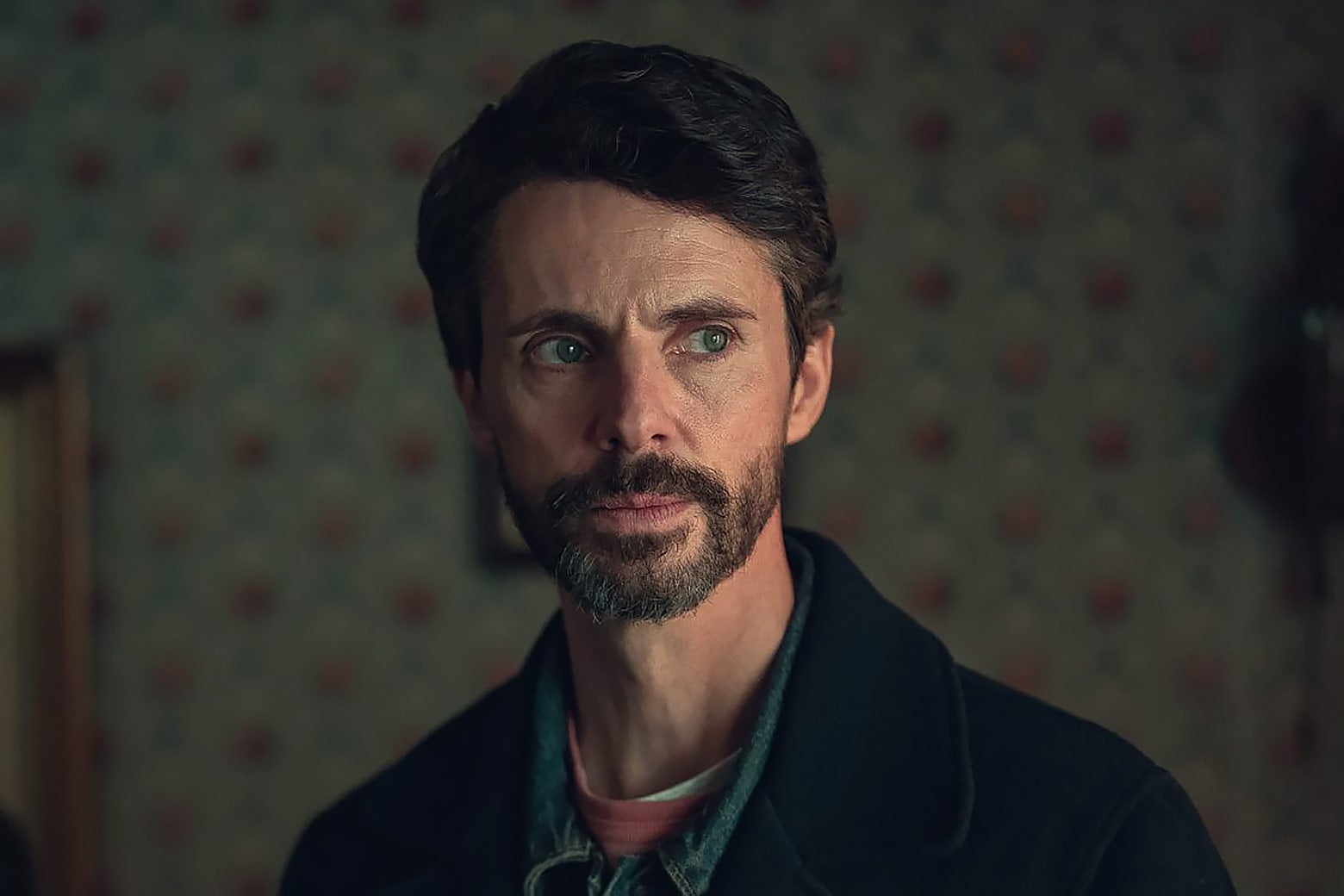
Netflix’s Dept. Q: A Dark, Gripping Gothic Thriller That’s Hard to Look Away From
If you haven’t yet stumbled upon Netflix’s new crime drama Dept. Q , it’s time to put it on your radar. Adapted from Jussi Adler-Olsen’s bestselling Danish crime novels and brought to life by Scott Frank—the mind behind The Queen’s Gambit — Dept. Q is an arresting, gritty deep-dive into psychological trauma, institutional failures, and the chilling shadows of unresolved crime. What could have easily been another run-of-the-mill detective series becomes something much more atmospheric and emotionally haunting.
We meet Detective Carl Morck, played with brooding brilliance by Matthew Goode. It’s a career-defining shift for Goode, often typecast in period dramas. Here, he sheds the polished veneer to portray a man undone—gaunt, bearded, and bearing the psychological scars of a raid gone wrong. One officer dead. Another paralyzed. A bullet grazed his neck and his conscience, and now he’s being shoved into a basement—literally and figuratively—to head up the newly formed cold case unit: Department Q.
The setting? Not Copenhagen, but Edinburgh. And the choice couldn’t be better. The gothic charm, the oppressive granite buildings, the creeping dampness of Scotland’s capital—it all adds layers to the show’s brooding aesthetic. It feels cold, lonely, and just claustrophobic enough to make you squirm.
Also Read:- Glacier Collapse in Blatten: A Village Swallowed by Ice and Time
- First Look at the 2026 Jeep Cherokee: A Bold New Chapter Begins
Morck isn’t exactly a team player, but slowly a ragtag crew forms around him: Rose, a cadet clawing her way back from a breakdown; Hardy, his ex-partner now confined to a hospital bed; and Akram, a Syrian refugee and ex-police officer with his own haunted past. Together, they pick up the cold case of Merritt Lingard, an ambitious prosecutor who vanished years ago. Her story unfolds in parallel, and it’s harrowing: a descent into psychological and physical torture that’s hard to watch, but impossible to ignore.
What sets Dept. Q apart isn’t just its grim subject matter or intricate plotting. It’s the sharpness of the script, the lean yet layered storytelling, and the total commitment of the cast. Goode’s Morck is a mess of contradictions—abrasive but magnetic, broken but burning with something righteous. His sarcasm is biting, and it cuts through the gloom like a scalpel. But there's also depth. Watching his guilt slowly consume him is as gripping as the case he's trying to solve.
The supporting cast is stellar. Kelly Macdonald is pitch-perfect as Morck’s exasperated therapist, and Mark Bonnar brings menace as Lingard’s unnerving boss. Even the comic relief, when it comes, feels grounded in trauma rather than whimsy.
And let’s not forget the visual storytelling. Frank directs with patience and purpose. Some might find the pacing slow, but it’s deliberate. Every shot feels carefully composed, every silence meaningful. The gloom isn't just atmospheric—it's psychological.
Yes, Dept. Q sometimes teeters on the edge of melodrama. A few twists border on the ridiculous. But that’s part of its gothic DNA. It’s moody, it’s raw, and it leans into the absurdity of human cruelty with a kind of elegance that stays with you.
Whether you're drawn to its noir stylings, its psychological depths, or simply love a well-told crime story, Dept. Q delivers a rich, slightly harrowing, deeply rewarding experience. Netflix might have shifted the setting from Denmark to Scotland, but the darkness at the heart of Dept. Q translates fluently—and it’s utterly addictive.
Read More:



0 Comments